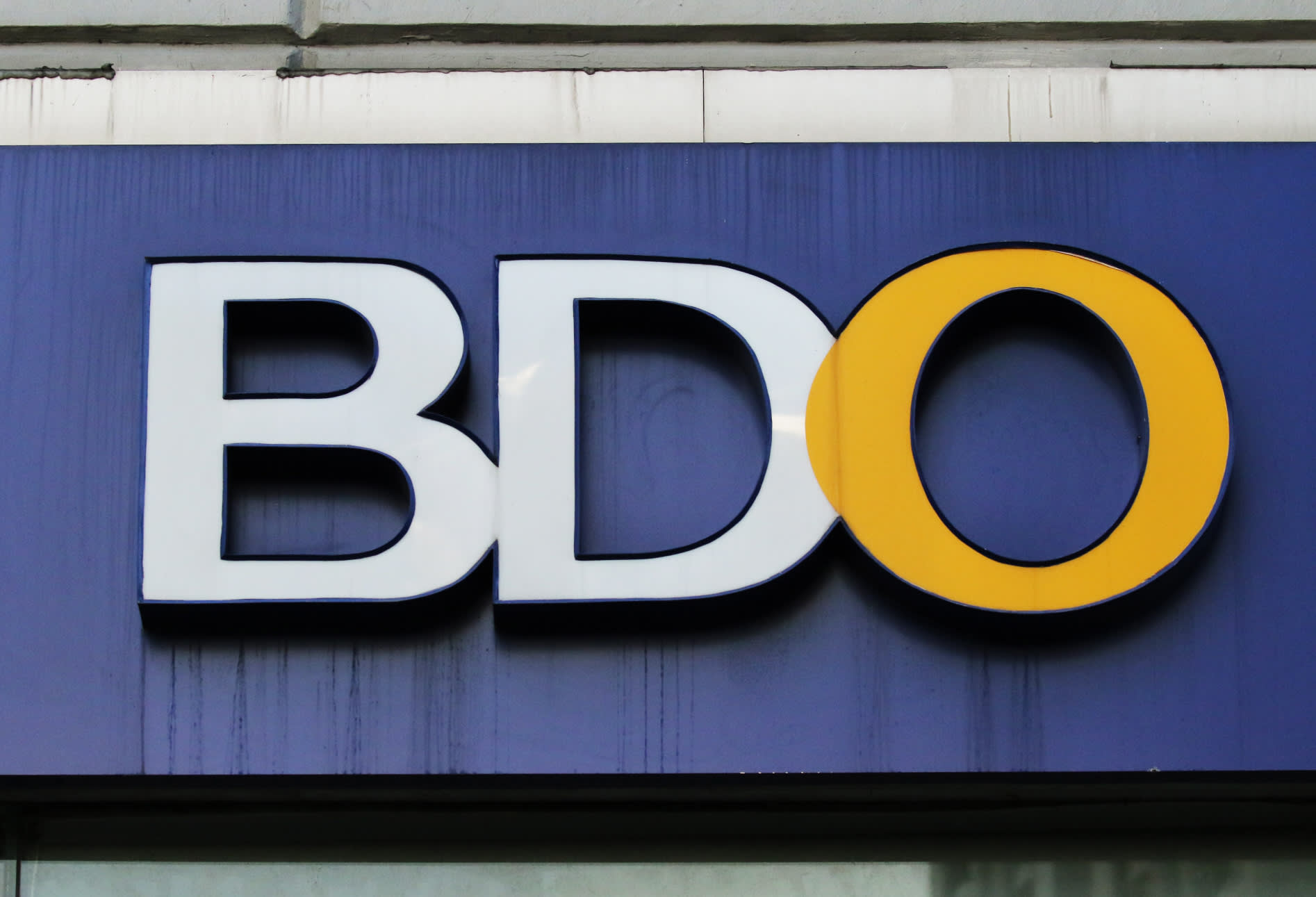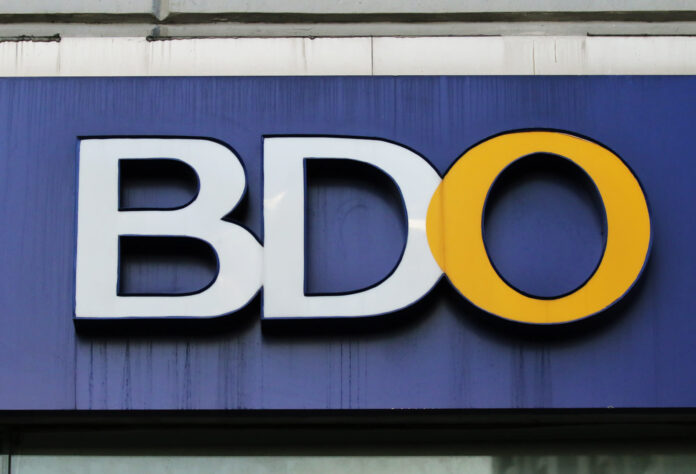
BDO Unibank again warned its clients against sharing information online as these can be used by scammers to access their online banking accounts and make new ones under their names.
“Scammers lurk online to steal personal information, which they use to access online bank accounts and steal money. They can also use it to open new bank accounts,” a statement by BDO said.
The bank noted that last year, Filipinos logged in four hours and 15 minutes on social media every day. This record not only breaches its average of three hours and 53 minutes in 2019, but also the global average of two hours and 25 minutes in 2020, according to the bank.
The bank instructs its clients to review their profiles and reconsider sharing their full name, birthday, education background, employment, and other personal information.
“Choose the people who can see your posts. Social media platforms have privacy settings you can adjust to filter what others can see,” BDO’s statement said.
The bank also asked its clients to just add people on social media that they actually know, especially if you’re sharing personal moments like birthday celebrations, family photos, or professional achievements.
The Philippines remains the world’s social media capital, ranking at number one for the 6th straight year in the annual report by research agencies Hootsuite and We Are Social, which tracks global social media and internet usage.
Local banks’ confidence in handling cyber financial threats slightly declined in 2020 as digital payments surged in the midst of lockdowns and movement restrictions to curb the pandemic.
A Bangko Sentral ng Pilipinas (BSP) survey earlier this year showed that only 58.3 percent of banks are ‘prepared’ to handle and manage cyberthreats. This is lower from 59.7 percent of banks that indicated preparedness to handle and manage cyberthreats in end-December 2019.
The top six cybersecurity threats that concern banks include cyberattacks – or attacks that aim to disrupt the banks system, steal money and steal their IP Address, direct hacking, malware, fraud, phishing and insider attacks.
Read full article on BusinessMirror

